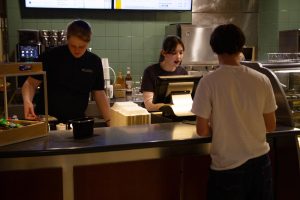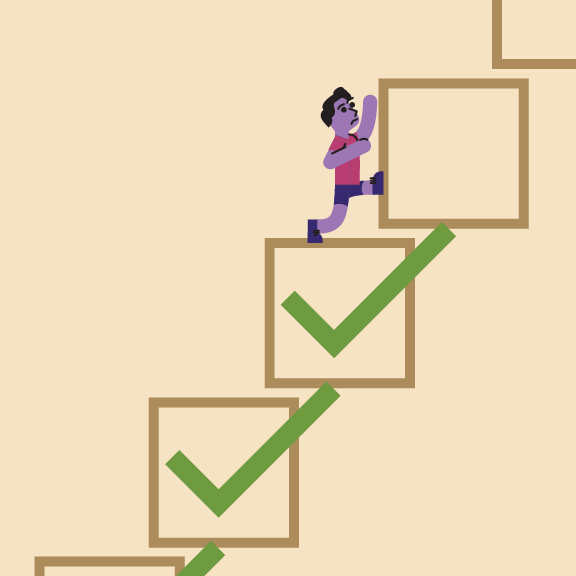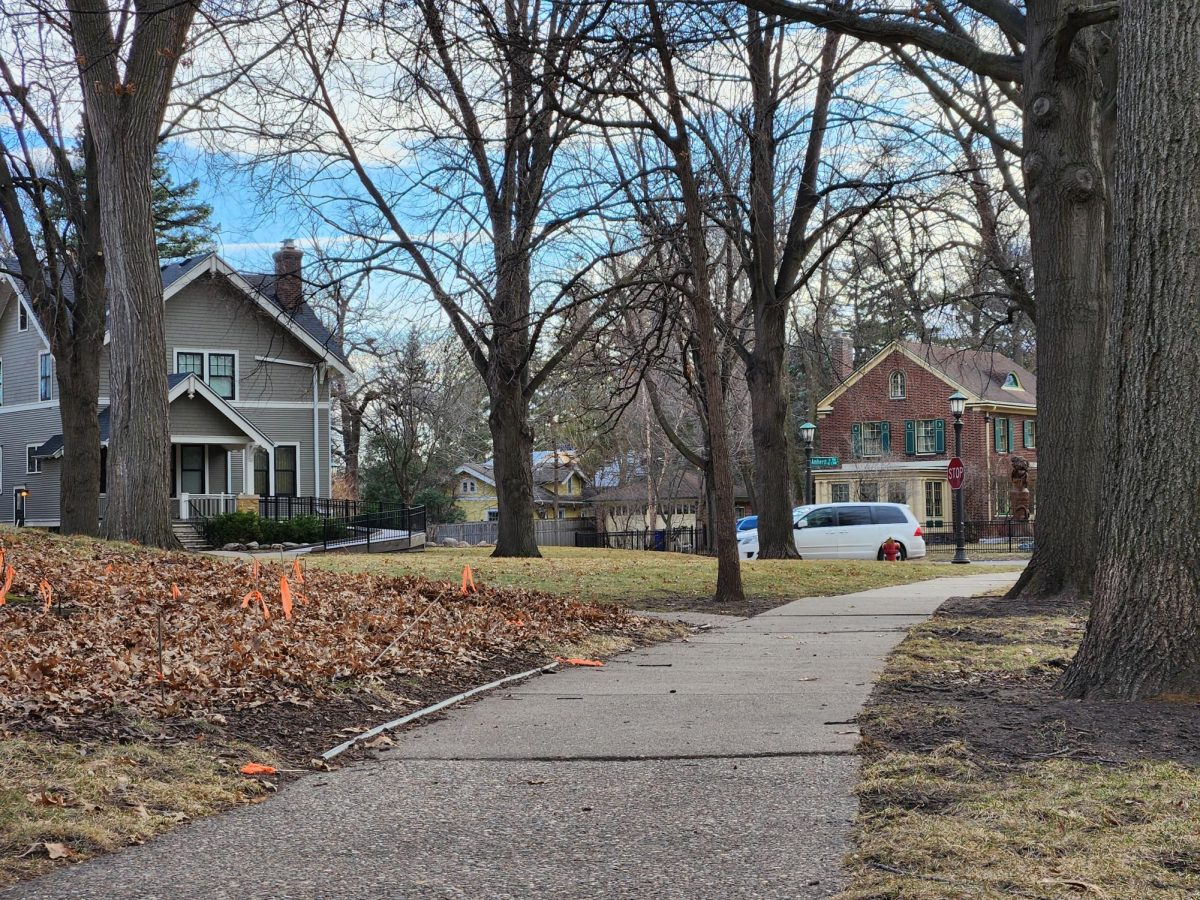I am at an otherwise ordinary rest stop on a highway in the town of Sid in western Serbia, near the Croatian border. A gas station, a large parking area for truck drivers to rest, a shop to buy food and drinks and a small motel are all nearby. Except this rest stop has been transformed into a transit camp, with busloads of refugees arriving by the hour, fleeing their war-torn homes in Syria, Iraq and Afghanistan. They are en route to western Europe, passing through Serbia from Macedonia or Bulgaria to the south then on to Croatia. In their journeys to this place, many have faced awful and inhumane treatment at the hands of police, guard dogs, traffickers and others.
I am a volunteer here, on a 24-hour shift which often extends to 30, during which I will get a few hours of sleep if I am lucky and will barely have time to eat. Eating is the least of my concerns. My duty is to board each bus as it arrives, find a refugee who speaks English and can serve as a translator, and then explain: “You are in Serbia, near the Croatian border. You are waiting here until the train that will take you into Croatia is ready. Then your bus will take you to the train station. The train is free, but we do not know when the train will arrive, so you will most likely be here for a few hours. We have water, toilets, places to charge your phones, a warming room, Wifi and food. Your bus number is ____. It is very important to remember your bus number and stay near your friends and family because this is the bus that will take you to the train station. The train will come depending on when Croatia sends it, so we can’t be exactly sure when it will be here or how long you will be here. If you have any other questions just ask me or anyone wearing a white jacket. Do you understand?”
This is my third time volunteering, and it does not get easier. All the refugees I meet have stories to tell, and they have a visceral need to tell them. They are mostly young, in their teens, twenties or thirties. The young men traveling alone tend to come from Afghanistan, while families and women with children come from Syria and Iraq. Their stories are both amazing and ordinary. I met a cardiologist from Syria, a dentist from Afghanistan, a fashion show director from Afghanistan, a chef from Syria.
The chef, Basel, first approaches me and points to his shoes that are falling apart and completely caked in mud. He says, “I am sorry to bother you and I’m sure people keep asking you this, but I need new shoes.” He is so polite, and I tell him it is my job, and that this is what I am there for. He tells me about a restaurant he opened in Beirut and talks with passion about food, cooking and his desire to continue his studies of food science in Germany. After we speak for a while, he reaches into his belongings and pulls out his chef’s apron from his small bag of belongings and presents it to me as a gift. I try to refuse but he insists.
They are grateful for my modest help. There is little I can offer concretely, but being a welcoming presence in the midst of their arduous journey seems to provide a measure of solace. We dance, we sing and we talk while they wait patiently for their buses to depart.But the stories they tell me are filled with anguish. I will never forget one young man who looked at me straight faced and told me with suppressed emotion that his 16-year-old younger brother had been killed by the Taliban.
One man tells me about four days he spent walking through dense forests in Bulgaria and how much he misses his mom and dad. He tells me that the trains in Macedonia were awful, with hundreds of people crammed into each car.
A young woman, obviously pregnant, complains that her stomach hurts and needs to see a doctor. I bring her and her husband to the doctor. We find a large room with chairs, some meager supplies and three doctors. There is no privacy. I double-check that the woman is doing alright, and I see fear in her eyes. She does not know any English, but her husband is able to communicate a little bit, and he thanks me. Just two days later, she gives birth to a baby girl, and I witness the father reuniting with his wife and meeting his newborn daughter for the first time. The following day, the family is already continuing its journey to Croatia and beyond.
Many people ask, after learning my age and seeing no wedding ring, why I am not married. I am twenty years old, well past the age at which I should be married. They are concerned. They joke about marrying me so that they can come to the United States. One young man from Syria tells me, when he finds out that I am from New York, that New York is perfect. He enthusiastically asks me if I know who Chris Brown is. He is shivering and only has a light jacket on, but he wants to keep talking to me and refuses to go inside.
Hussein, a man from Syria, keeps making the other refugees laugh. He offers everyone some chocolate that he buys from the gas station, which has raised its prices to profit from this influx of refugees. I am still in touch with Hussein and he has reached Germany safely. He is still adjusting to life and trying to find work and misses his home very much.
I meet an amazing storyteller from Afghanistan. He shows me a hand drawn map on which he has carefully recorded his journey — Afghanistan, through Pakistan, Iran, Turkey, Bulgaria, Serbia. He has six brothers and three sisters, and his parents, all left behind. When he hears that I am from the United States, he tells me that I am very lucky.
I am amazed by how well so many of the refugees can speak English. Many of the women and men are well educated, and some know how to speak as many as six languages. So many people tell me that they did not want to leave their homes, but they had no choice.
After my shift is over, I will return to Belgrade, back to the family who has welcomed me into their home during my semester abroad. I will return to my school work, my friends, my life. But this experience has changed me, has shaken me: these are people very much like me, with the same dreams, fears and hopes. The veneer of civilization is thin, my father is fond of saying. And I see that not only is he right, but also the consequences of that vanished veneer in lives upended and hopes crushed are right in front of me. I still have the apron and carry it with me with great pride and humility and to remind myself of all that I have to be thankful for.














Jake Lewis • Sep 10, 2019 at 4:04 pm
Things i have seen in terms of laptop memory is always that there are specifications such as SDRAM, DDR and so on, that must match the specifications of the mother board. If the personal computer’s motherboard is pretty current while there are no os issues, modernizing the ram literally requires under one hour. It’s on the list of easiest computer system upgrade processes one can envision. Thanks for giving your ideas.
Ava Mathis • Sep 7, 2019 at 12:24 pm
F*ckin’ awesome things here. I am very glad to see your article. Thanks so much and i’m looking ahead to touch you. Will you please drop me a mail?